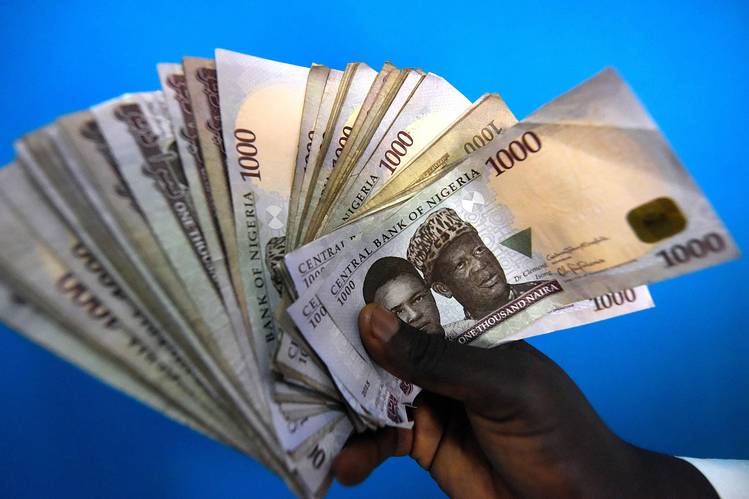The Nigeria Extractive Industries Transparency Initiative, NEITI, yesterday the low saving culture of the country and also faulted the Federal Government over the structure of the country’s oil savings funds, the Sovereign Wealth Fund, the Excess Crude Account and the stabilisation fund. Executive Secretary of NEITI, Mr. Waziri Adio, stated this during the presentation of its latest occasional paper, titled ‘The case for a robust oil savings fund for Nigeria.’
Adio lamented that after 40 years of crude oil and gas exploration and sales, the Sovereign Wealth Fund currently has a balance of $1.5 billion, the Excess Crude Account with $2.3 billion and the stabilisation fund with N29.02 billion ($95M).
He said, “In the last forty years of oil production, Nigeria has extracted about 31 billion barrels of its oil reserves. However, from 1980 to 2015, the country exported crude oil worth about $1.09 trillion, but has a current balance of $3.9 billion dollars as at June 2017 in the three funds.”
He bemoaned the fact that in spite of numerous benefits and the huge revenues that had accrued from oil and gas over the years, Nigeria has one of the lowest natural resource revenue savings in the world.
“Our paltry oil savings defeat the rationale for having such savings in the first place. Nigeria does not have enough oil savings to finance even a fifth of a year’s budget at the federal level, not to talk of having enough for investments or for the future generation,” Adio said.
He further explained that the structure of the funds had helped in no small measure in depleting the funds.
He said, “These “different oil revenue saving funds should be consolidated and the legal framework harmonised. Specifically, the 0.5% Stabilisation Funds and the Excess Crude Account (ECA) should be merged with the Sovereign Wealth Fund, as this multiplicity of savings funds with different rules has led to uncoordinated and widespread extra-budgetary spending.
“Apart from depleting the savings in each fund, such unrestricted spending defeats the purpose for which the funds were set up in the first place which is to shield the economy from revenue volatility.” Adio also eXpressed regret that the $1.5 billion currently in the Sovereign Wealth Fund is one of the world’s worst ratio to annual budget (10%), and one of the lowest Sovereign Wealth Fund per capital ($8) globally. He provided some global comparisons among other resource rich countries, stating that“Norway, a country of 5.2 million people has a sovereign wealth fund worth $922 billion; Chile $24.1 billion; Angola $4.6 billion and Botswana $5.7 billion. Others are Russia $89.9 billion and Kuwait $592 billion.”
He quoted a recent study by the National Economic Council, which revealed that inflow to the Excess Crude Account (ECA) between 2005 and 2015, was $201.2 billion while outflow was $204.7 billion, indicating that the amount withdrawn from the account exceeded the amount that was transferred into the account for the period.
In his recommendations, he called on the Federal and State governments to seek speedy resolution of the pending case at the Supreme Court on oil revenue savings.
The report, he said, also recommended that the Federal Government “Initiate amendment to Section 162 of the constitution to accommodate the welfare of future generations. The constitutional option is necessary to ensure that the ‘rules are not subject to political fluidity’. The negotiations need to be complemented with appropriate guarantees for transparent and accountable governance of the funds to reassure stakeholders especially at the sub-national level.”
Adio said the report also emphasised the need to delink government expenditure from oil revenues to support policy initiatives that pursue prudent macro-economic policies, better economic and social environment for the next generation.
“This is in addition to ensuring that there is constant savings whether oil prices are high or low and provide regular payouts from the returns on investments of the funds to compensate beneficiaries (the three tiers of government) for their sacrifice,” he noted.
Adio added that Nigeria needs to “Move urgently from our present spend-it-all or even save – and- spend attitude to a real savings culture, otherwise we will continue to be vulnerable to the volatility of oil prices and the eventual depletion of our oil reserves.”


